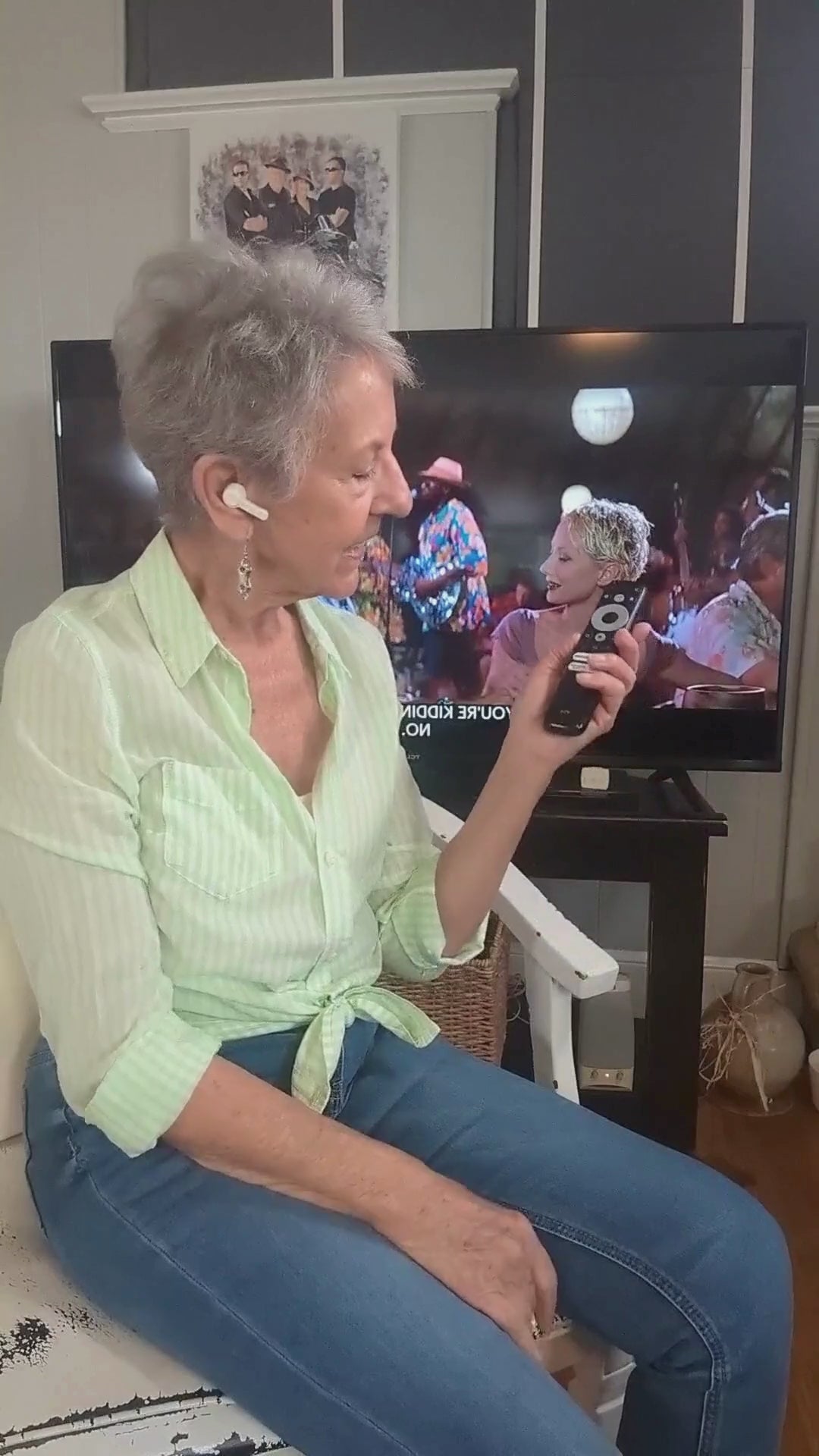Introduction
Experiencing minor hearing loss can be a subtle yet impactful challenge, influencing daily interactions and overall well-being. In this article, we delve into practical steps and solutions to empower individuals dealing with minor hearing impairment, offering strategies to enhance communication and mitigate the impact of reduced hearing sensitivity.
Hearing Aid Consideration
For those with minor hearing loss, exploring the option of hearing aids can be transformative. Modern hearing aid technology offers discreet, customizable solutions that amplify sounds and improve overall hearing clarity. Consultation with an audiologist can guide individuals toward the most suitable hearing aid for their specific needs.
Communication Strategies
Adopting effective communication strategies is crucial for navigating minor hearing loss in various settings. Encourage those around you to speak clearly and face you directly, reducing background noise when possible. Signal your hearing status to others, fostering understanding and cooperation in conversations.
Assistive Listening Devices (ALDs)
Investing in assistive listening devices can enhance daily activities for those with minor hearing loss. ALDs include devices like personal amplifiers, loop systems, and FM systems, designed to augment specific listening situations such as lectures, meetings, or television watching.
Smartphone Apps for Hearing Assistance
Explore smartphone applications designed to assist individuals with hearing loss. These apps can provide subtitles for conversations, amplify sounds, or even act as personal hearing assistants, utilizing the phone's microphone to enhance auditory experiences.
Lip Reading and Speechreading Classes
Engaging in lip reading or speech-reading classes can significantly improve communication skills. Learning to interpret facial expressions and lip movements enhances the ability to understand spoken language, contributing to more effective communication in various environments.
Environmental Modifications
Making simple modifications to the environment can create a more hearing-friendly space. Consider installing curtains or carpets to dampen echoes, reducing background noise, and optimizing lighting for improved visibility during conversations.
Regular Hearing Check-Ups
Even with minor hearing loss, regular check-ups with an audiologist are essential. Monitoring changes in hearing sensitivity allows for proactive adjustments to hearing aids or the exploration of new technologies as needed.
Join Hearing Loss Support Groups
Connecting with others who share similar experiences can provide valuable support and coping strategies. Joining hearing loss support groups, either in person or online, fosters a sense of community and understanding.
Mindfulness and Relaxation Techniques
Reducing stress and increasing mindfulness can positively impact one's ability to cope with hearing challenges. Incorporate relaxation techniques such as deep breathing or meditation into daily routines to enhance overall well-being.
Conclusion
Minor hearing loss, though subtle, can significantly impact daily life. By exploring a combination of technological solutions, communication strategies, and lifestyle adjustments, individuals can effectively navigate the challenges posed by reduced hearing sensitivity. Empowering oneself with knowledge, seeking professional guidance, and embracing a proactive approach can pave the way for a more fulfilling and connected auditory experience. Think getting a hearing aid is the right decision for you? Let Mimitakara help!










